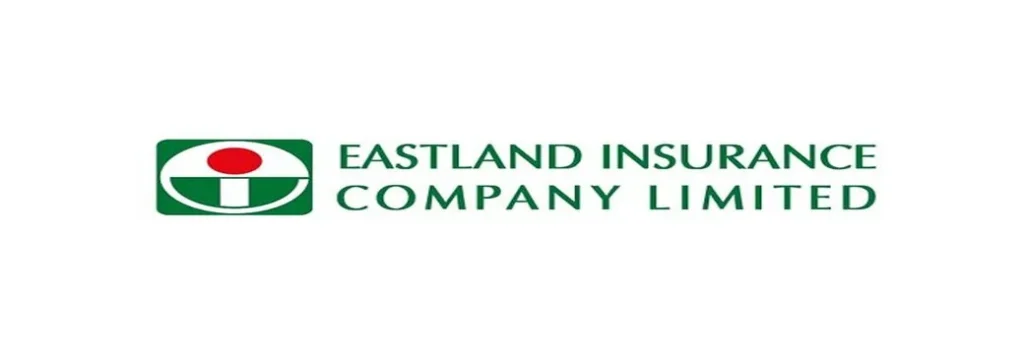The Bangladesh Securities and Exchange Commission (BSEC) has taken steps to address underperformance at FAS Finance and Investment Limited by nominating five independent directors to its board. Four new directors include Maj Gen Md Anwarul Islam (Retd), Md Kamal Uddin Talukder, Selim Omrao Khan, and Md Mokhlesur Rahman, while Mohammed Nurul Amin has been reappointed as chairman. This move aims to revitalize the NBFI, which has faced challenges including liquidity issues, high non-performing loans, and inadequate shareholder compliance. FAS Finance, listed since 2008, continues to struggle with financial losses and a declining share price, closing at Tk3.40 recently.

